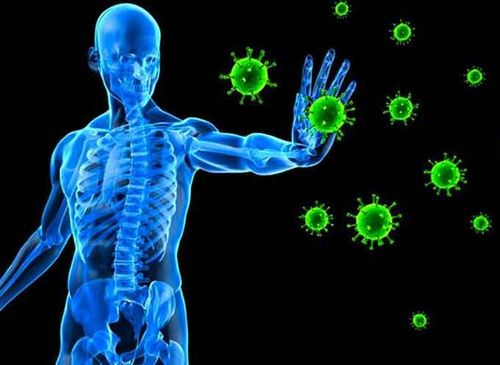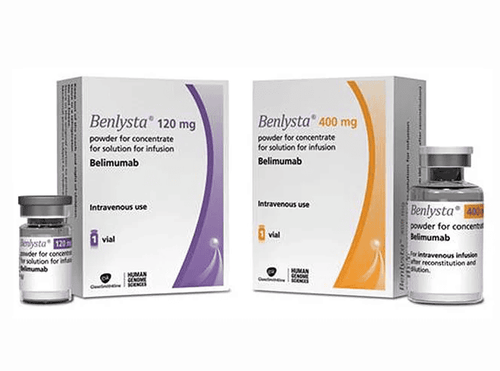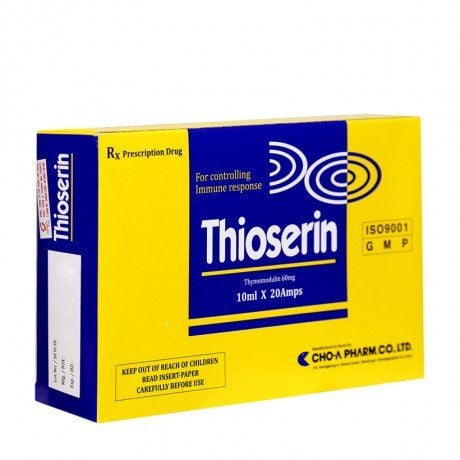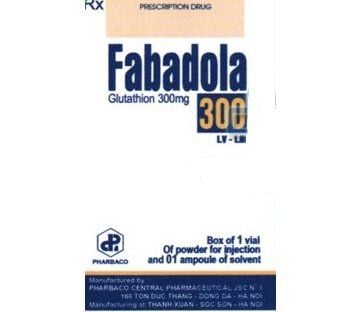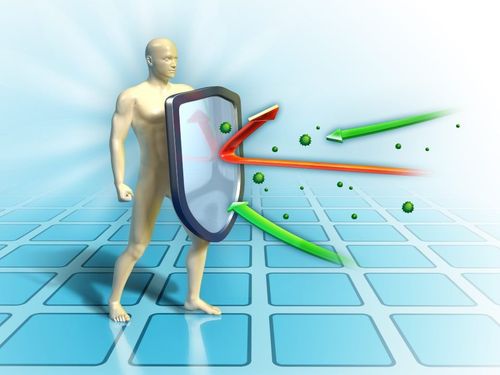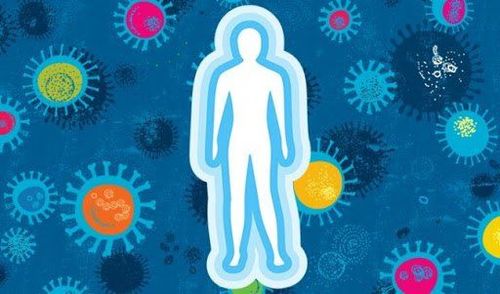This is an automatically translated article.
The article was professionally consulted with Master, Doctor Nguyen Thi Nhat - Infectious Diseases Doctor - Department of Medical Examination & Internal Medicine - Vinmec Hai Phong International General Hospital.Immunity is the body's ability to fight off pathogens or certain pathogens. There are two types of immunity, active immunity and passive immunity. So what is passive immunity?
1. The body's immunity
Immunity to a disease is considered successful through the presence of antibodies to that disease in the body system. Antibodies are proteins produced by the body to neutralize or destroy toxins or pathogens. Antibodies are specific for each disease. For example, measles antibodies will protect a person who is exposed to measles, but will not if that person is exposed to mumps.Active immunity results when exposure to a disease-causing organism triggers the immune system to produce antibodies against that disease. Exposure to the causative organism can occur through actual infection (resulting in natural immunity), or the introduction of a killed or weakened form of the disease organism through vaccination. (vaccine immunity). Either way, if an immune person is exposed to that disease in the future, their immune system will recognize it and immediately produce the antibodies needed to fight it. Active immunity is long-lasting, and sometimes lasts a lifetime.
2. What to know about passive immunity?
2.1 What is passive immunity?
Passive immunity means that the body is supplied with antibodies against a disease rather than producing them through its own immune system. Immunity develops after a person receives components of the immune system, usually antibodies, from another person.Passive immunity can occur spontaneously, for example when an infant receives maternal antibodies through the placenta or breast milk, or when a person receives the antibody as an injection (gamma globulin injection) . A person can also obtain passive immunity through blood products containing antibodies such as immunoglobulins.
Passive immunity can be provided when immediate protection from a specific disease is needed. This is its main advantage. The protection of passive immunity is rapid, immediate, while active immunity takes time, often several weeks, to develop. Passive immunity provides resistance against antigens, but does not provide lasting protection. However, passive immunity only lasts for a few weeks or months. Only active immunity can last long in the body.
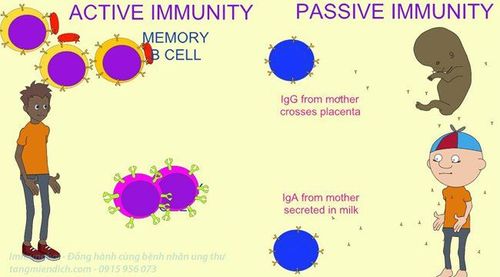
2.2 Passive immunotherapy
Passive immunotherapy is a type of therapy in which donated or lab-made immune system components or cellular proteins are given to a person to help the person fight infection or diseases. Antibody passive immunotherapy is commonly used in cancer treatment.In addition, you can enhance the effectiveness of immunity through the following measures:
Build a reasonable and scientific diet; Stay in a positive state, limit stress; Exercise regularly to keep fit; No smoking; Do not drink alcohol, if any should be limited to moderate (no more than 1 drink per day for women and two drinks per day for men). Fully vaccinated according to the recommended schedule. Vinmec International General Hospital is one of the hospitals that not only ensures professional quality with a team of leading doctors, modern equipment and technology, but also stands out for its examination and consulting services. and comprehensive, professional medical treatment; civilized, polite, safe and sterile medical examination and treatment space. Customers when choosing to perform tests and treat diseases here can be completely assured of the accuracy and high efficiency in the treatment process.
Please dial HOTLINE for more information or register for an appointment HERE. Download MyVinmec app to make appointments faster and to manage your bookings easily.





